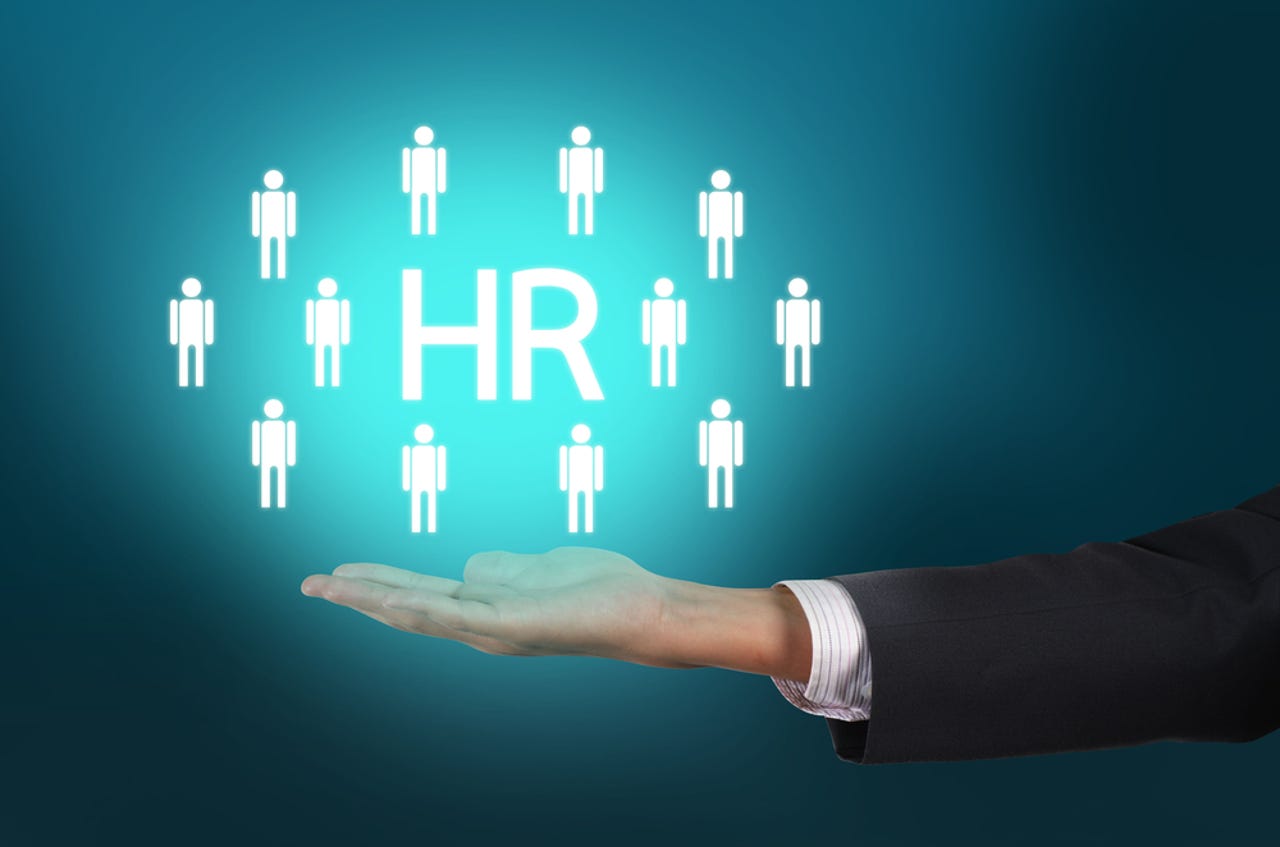The HR cloud: It is coming and it is going to be great

If there is a secondary misconception of HR, it is driven by the idea that all communication has to be in person: one human being talking to another across a desk about their hopes, fears, aspirations for management, or their inability to turn up on time on a Monday morning.
But this is no longer true: human resources today can take advantage of a huge wealth of functionality from software applications designed to provide self-service tools to keep a business on target towards its strategic goals.
With many of these functions now supplied via software-as-a-service, the HR cloud - yet another new name for the business function - has become a reality.
The HR cloud is capable of providing HR apps including timekeeping, travel and expenditure reporting, benefits administration, and even a basic level of employee incentives and goal-setting. But has the new efficiency impacted business spending yet? A recent ZDNet and TechRepublic survey found that 51 percent of ICT leaders stated their budget remained unchanged or increased from last year.
Still, further research shows businesses realise how well-suited the cloud is for HR, which deals with sensitive data that needs to remain isolated on private clouds. The ZDNet and TechRepublic survey found that more than one-third of firms' top business objective for moving to a private cloud was to take advantage of the resilience and business continuity of the cloud provider.
It is still early days for the HR cloud in some respects. Of those organisations surveyed by ZDNet and TechRepublic, 22 percent said they have only been using infrastructure-as-a-service and platform-as-a-service technologies for about the last six months. A further 35 percent said they have been working with this type of cloud service for more than two years.
Looking ahead, as the HR cloud becomes more sophisticated, three things will happen:
- Firms will place more trust in the private cloud and use it for HR functions. Workers will naturally accept and trust cloud-driven services that ask them to interact on a personal level with workplace-related data.
- Some of the HR cloud will remain private for sensitive data, but some functions will be provided at a wider public cloud level where appropriate.
- The HR cloud will become increasingly rich and aspects like employee gamification may become more accepted parts of goals and incentives.
It seems certain the HR cloud will be a key part of our future workplace and in five years time the fact that some people doubted its emergence will sound crazy. So now, get back to work.